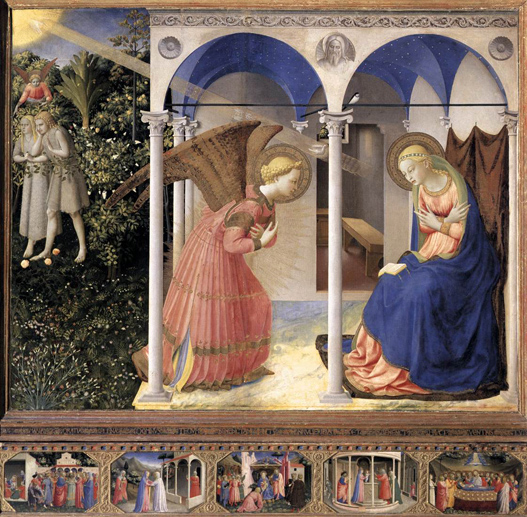
Today is the first day of the Nativity fast. Christmas is actually coming! I have a really bad attitude about the fast just now because I don't want to give up any creature comforts. I've been feeling so tired and drained lately, and the things I have given up for the fast are the things I most typically use to comfort myself. But last year, I found that participating in the fast and using an advent wreath kept me grounded and unstressed in the midst of all that holiday frenzy. If there is anything I need, it is the space to be focused and calm.
I need to compile a good reading list for the next 40 days. I'm hoping I'll write more regularly during this time as well. Here is a happy thought for the next forty days: "This is a joyous fast in anticipation of the Nativity of Christ." Jesus is coming!
I found the following tips and the aforementioned quotation on the website for the Self-Ruled Antiochian Orthodox Christian Archdiocese of North America (http://www.antiochian.org/node/18518):
The Purpose of Fasting
The purpose of fasting is to focus on the things that are above, the Kingdom of God. It is a means of putting on virtue in reality, here and now. Through it we are freed from dependence on worldly things. We fast faithfully and in secret, not judging others, and not holding ourselves up as an example.
Do Not Fast
- between December 25 and January 5 (even on Wednesdays and Fridays);
- if you are pregnant or nursing a newborn;
- during serious illness;
- without prayer;
- without alms-giving;
- according to your own will without guidance from your spiritual father.Oh, here is one more quotation that sums up my thoughts on the subject:In light of the gross materialism of the secular Advent - the Christmas shopping season - the season of Advent has a valuable place in our spiritual lives. Through this season's emphasis on prayer, fasting and charity, the spiritual reality of Christ's Incarnation is brought to bear on our daily lives, thereby preparing us to welcome the Messiah into our hearts at time of His Advent. -Fr. Lawrence Barriger (http://www.acrod.org/readingroom/spirituallife/on-the-nativity-fast)It's time to say, "see you later," to Ordinary Time.Turn my eyes from looking at worthless things, and give me life in your ways.

